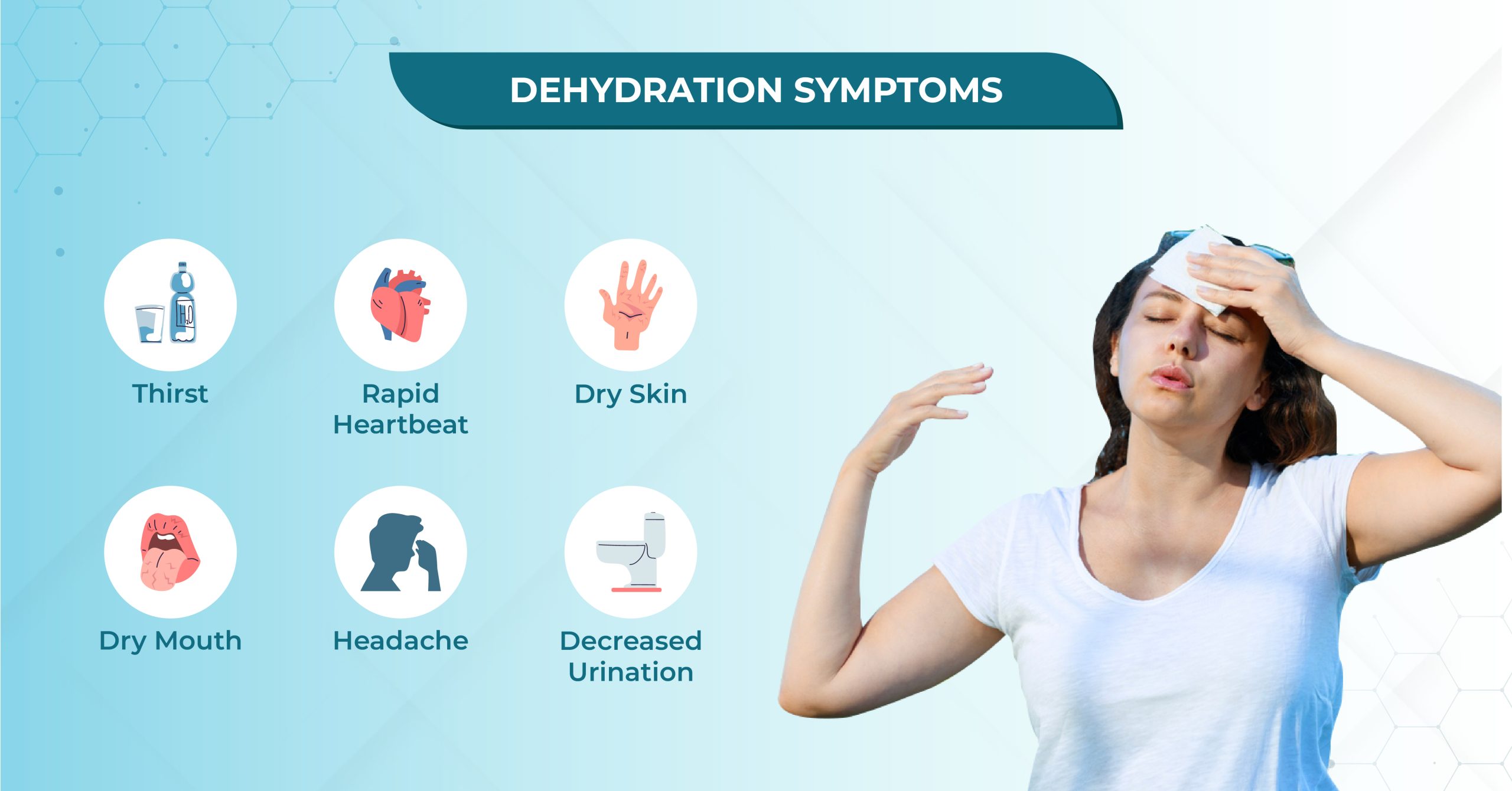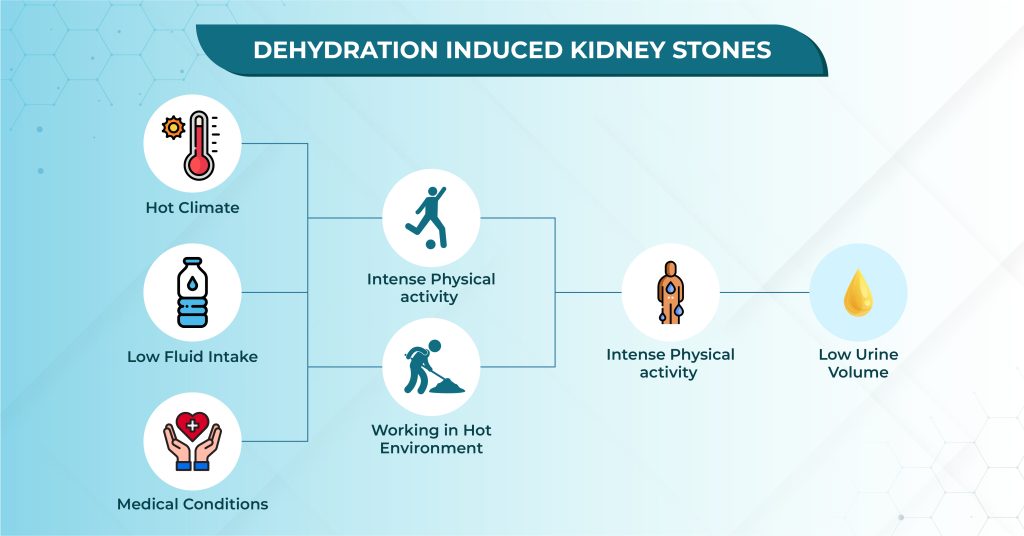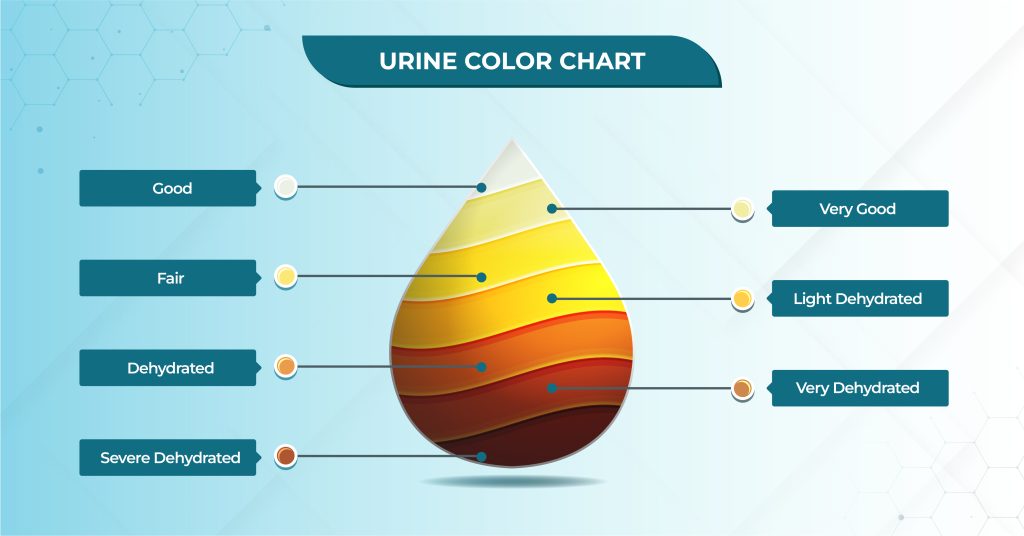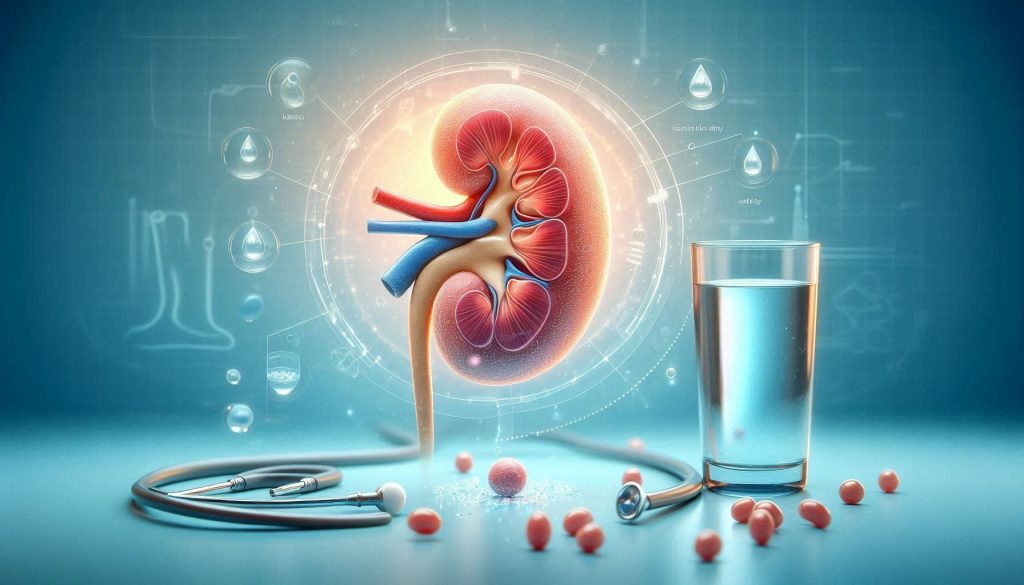Kidney stones, a painful and often recurring health condition, affect millions of people worldwide. These small, hard deposits grow in the kidneys and cause severe pain, nausea, and urinary problems. One of the primary risks of kidney stones is dehydration, a condition that arises when the body does not get enough water to function properly. In this blog, we will explore the link between kidney stones and dehydration, discuss why staying hydrated prevents kidney stones, and explain how Urosonic offers non-invasive treatment options to address this condition.
Understanding Kidney Stones
Stones in the kidney, also known as renal stones, are hard lumps of crystals that develop in the kidneys. These stones can differ in shape and size, from as tiny as a sand particle to as big as a pebble. While some kidney stones pass through urine without causing significant issues, others can become lodged in the ureters, leading to excruciating pain and complications.
There are several kinds of kidney stones, including:
- Calcium stones (80% of stones): The most commonly occurring kidney stones, usually consisting of calcium oxalate or calcium phosphate.
- Uric Acid Stones (5%-10% of stones): are formed due to a large amount of 7,9-Dihydro-1H-purine-2,6,8(3H)-trione(uric acid)in the urine, often linked to a high-protein diet or specific medical conditions. ·
- Struvite Stones (10% of stones): Typically develop due to urinary tract infections (UTIs), consisting of magnesium ammonium phosphate.
- Cystine Stones(less than 1% of stones): Rare and hereditary, caused by an excess of the amino acid cystine in the urine.
While the formation of kidney stones can be influenced by factors such as diet, genetics, and certain medical conditions, dehydration remains one of the most significant contributors.
The Role of Dehydration in Kidney Stone Formation
Dehydration results from an imbalance in the body’s water balance caused by losing more fluid than it absorbs. Dehydration leads to an increase in urine concentration, which in turn decreases kidney production. Due to urine’s increased concentration of waste materials and minerals such as uric acid and calcium oxalate, kidney stones can develop. These materials have the potential to solidify and group together in the absence of enough water, eventually creating kidney stones. Dehydration reduces the amount of fluids required to break down these minerals to remove them from the body, thus raising the chance of kidney stones forming.

How Dehydration Affects Kidney Function
The kidneys are essential for both removing waste from the blood and preserving the body’s fluid balance. The kidneys can work effectively and produce enough urine to flush out extra minerals and waste when the body is properly hydrated. Nevertheless, the kidneys find it difficult to maintain this equilibrium when dehydration sets in, which causes waste materials to accumulate in the urine.
Over time, the lack of adequate water intake can impair kidney function and make it easier for kidney stones to form. Chronic dehydration, in particular, puts individuals at a higher risk of developing recurring kidney stones, as the kidneys are consistently forced to operate under less-than-ideal conditions.
Who Is at Risk of Dehydration-Induced Kidney Stones?
While anyone can develop kidney stones, certain groups of people are more susceptible to dehydration and, consequently, to the formation of kidney stones. Some of the factors that increase the risk include:
– Hot climates: People living in hot, dry climates or those who engage in intense physical activities in such environments are more prone to dehydration. The body’s need for water increases in these conditions, and if fluid intake does not match this need, the risk of kidney stones rises.
– Inadequate water intake: Individuals who do not drink enough water throughout the day are at higher risk of dehydration and kidney stones. A common recommendation is to drink a minimum of 8 cups (2 liters) of water per day, but this amount can vary depending on factors such as body weight, activity level, and climate.
– Frequent exercise: Athletes and other people who routinely engage in severe physical exercise are at risk of dehydration because sweating leads to fluid loss. If they don’t drink enough water, these individuals may be more susceptible to kidney stones.
– Certain medical conditions: Conditions that maximize the risk of dehydration, such as chronic diarrhea, inflammatory bowel disease, and certain medications (e.g., diuretics), can also increase the likelihood of kidney stone formation.

Preventing Kidney Stones Through Hydration
The good news is that dehydration-induced kidney stones are largely preventable with proper hydration. You may lessen the concentration of minerals in your urine that lead to the production of stones by ensuring you consume an adequate amount of water daily. The following are some methods to stay hydrated and reduce the risk of kidney stones:
– Drink water regularly: Instead of waiting until you become thirsty, try to constantly consume water throughout the day. As a reminder to stay hydrated, always have a bottle of water on hand.
– Monitor urine colour: Urine that is clear or light in colour is a positive sign of proper hydration. You might need to drink extra water if the colour of your pee is dark yellow.
– Increase water intake in hot weather or during exercise: If you live in a hot area or physically exert yourself, make sure to drink enough water to make up for the fluids you lose via sweating.
– Eat hydrating foods: Vegetables and fruits with high water content can help you receive the fluids you need every day.
– Limit high-oxalate foods: Lowering your intake of oxalate-rich foods like spinach, rhubarb, and almonds may help prevent kidney stones from forming.

Urosonic’s Approach to Kidney Stone Treatment
At Urosonic, we understand the pain and discomfort that kidney stones can cause. That’s why we offer non-invasive treatment options to help patients pass kidney stones and relieve symptoms without the need for surgery. One of the key treatments we provide is Extracorporeal Shock Wave Lithotripsy (ESWL).
ESWL uses high-energy shock waves to safely and effectively break up kidney stones. These shock waves are focused on the stones through the skin, causing them to fragment that can then be passed naturally through the urinary tract. This procedure is non-invasive, meaning it does not require any incisions, and it allows for quicker recovery times compared to traditional surgical methods.
To assist stop kidney stones from coming back, we provide individualized care programs that include dietary suggestions, follow-up treatment, and hydration techniques in addition to ESWL. Our aim is to provide patients with a comprehensive approach to kidney stone management, ensuring that they receive the best possible care for both treatment and prevention.
Conclusion
Kidney stones can be unpleasant, and one of the most effective ways to prevent them is by keeping yourself hydrated. Dehydration plays a substantial part in the creation of kidney stones. You may lower your chance of getting kidney stones and safeguard the health of your kidneys by being aware of the connection between dehydration and kidney stones and by establishing good hydration practices. If you do experience kidney stones, Urosonic is here to offer non-invasive treatment options and personalized care to help you get back to living pain-free.
Taking care of your kidneys starts with something as simple as drinking water, and at Urosonic, we are committed to supporting you on this journey. Book your appointment today!
